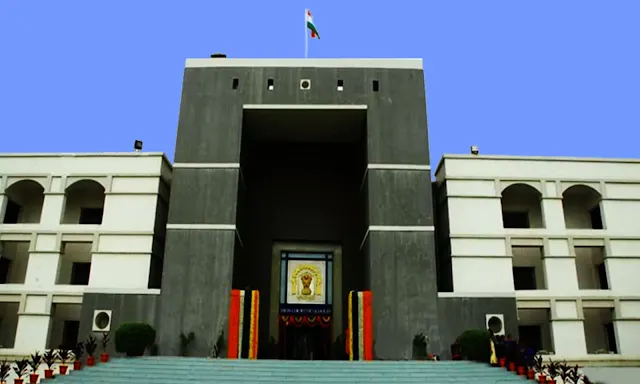Introduction
In a recent judgment, the Gujarat High Court addressed the imposition of costs in cases deemed frivolous, emphasizing the judiciary's authority to levy such penalties while ensuring they remain reasonable and do not infringe upon a litigant's right to appeal. This decision underscores the delicate balance courts must maintain between deterring baseless legal actions and upholding access to justice.
Background of the Case
The case originated from a review application filed by a petitioner challenging a trial court's decision. The trial court dismissed the review plea and imposed a cost of ₹25,000, payable to the District Legal Services Authority (DLSA). The petitioner contested this imposition, arguing that the cost was exorbitant and hindered his ability to file an appeal, as the district court's registry insisted on the deposit of the imposed amount before accepting the appeal.
Judicial Observations
Justice Maulik J. Shelat, presiding over the matter, made several pertinent observations:
Absence of Vexatious Intent: The trial court did not explicitly label the review application as "vexatious or false." While the application may have lacked merit, it wasn't necessarily filed with malicious intent.
Reasonableness of Costs: Courts possess the authority to impose costs to deter frivolous litigation. However, such costs should be reasonable and not punitive to the extent of being unbearable for the litigant. Factors such as the litigant's conduct and the nature of the case should be considered.
Right to Appeal: Insisting on the deposit of the imposed cost as a precondition for filing an appeal can unjustly deprive a litigant of their right to challenge a decision. Unless the trial court explicitly states that the payment of costs is a prerequisite for filing an appeal, registries should not enforce such requirements.
Balancing Judicial Authority and Litigant Rights
The judgment highlights the judiciary's dual responsibility: deterring frivolous litigation while ensuring that penalties do not become barriers to justice.
Deterrence of Frivolous Litigation: Imposing costs serves as a deterrent against the misuse of judicial resources. It discourages litigants from filing baseless or malicious cases that burden the court system and delay justice for others.
Ensuring Access to Justice: At the same time, penalties should not be so prohibitive that they prevent genuine litigants from exercising their right to appeal. The judiciary must ensure that its measures to curb frivolous litigation do not inadvertently deny individuals their fundamental right to seek redress.
Implications of the Judgment
This ruling has several significant implications:
Guidance for Lower Courts: The judgment provides clarity on the imposition of costs, emphasizing that penalties should be commensurate with the litigant's conduct and the nature of the case.
Registry Procedures: Court registries are advised against insisting on the deposit of imposed costs as a precondition for accepting appeals unless explicitly directed by the trial court. This ensures that procedural technicalities do not impede access to justice.
Litigant Awareness: The decision serves as a reminder to litigants about the potential financial consequences of filing frivolous applications, encouraging more judicious use of judicial resources.
Conclusion
The Gujarat High Court's judgment underscores the importance of maintaining a balance between deterring frivolous litigation and ensuring that penalties do not become obstacles to justice. By emphasizing the reasonableness of imposed costs and protecting the right to appeal, the court reaffirms its commitment to a fair and accessible legal system.










0 Comments
Thank you for your response. It will help us to improve in the future.